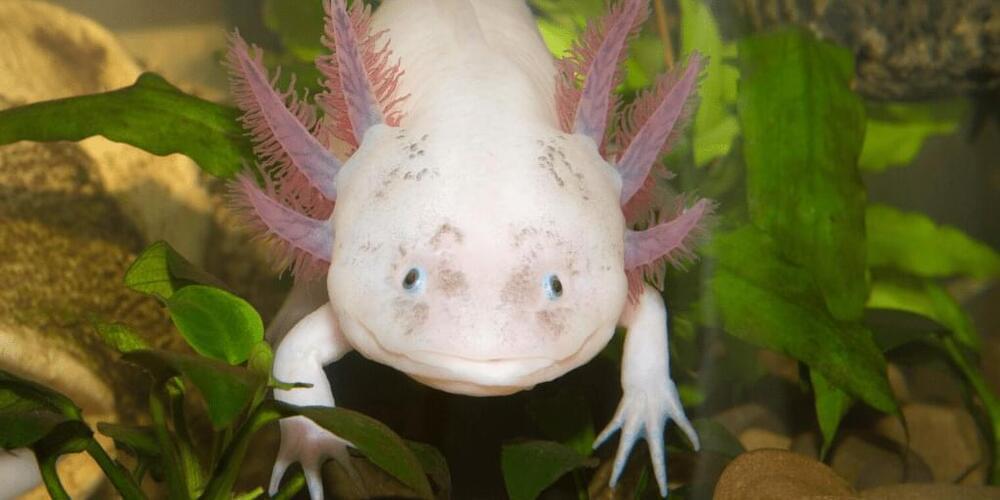Year 2020 😗😁
Utilizing a multi-step CRISPR-Cas9 screen, researchers from Yale University (CT, USA) have identified two genes within the complex axolotl genome that seem to play an important role in limb regeneration. The study, publi shed in eLife, has overcome the limitations imposed by the size and repetitious areas of the axolotls’ genome to identify the genes through a novel platform, combining CRISPR and fluorescent chimeras.
While some level of regeneration is present in most animals, axolotls possess one of the most extensive capabilities, regenerating a range of tissues, including major organs and limbs, and many believe that the animals may help unlock the ability to regenerate large wounds. The researchers from Yale University have tracked 25 genes that are believed to be involved in the process, identifying two genes as having a considerable role in partial regeneration of the axolotl limb.
“It regenerates almost anything after almost any injury that doesn’t kill it,” commented Parker Flowers (Yale University), one of the authors of the paper.










Comments are closed.